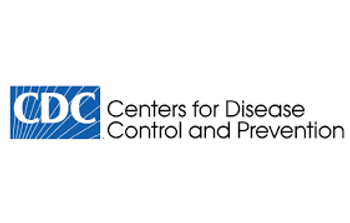
AP source says CDC will make an announcement Thursday regarding indoor and outdoor masking.

AP source says CDC will make an announcement Thursday regarding indoor and outdoor masking.

Two air cleaning systems placed close to each other resulted in the best filtration, lowering the risk of viral transmission.
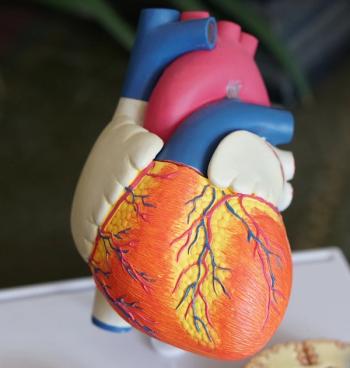
Participants of the study showed detrimental effects on arteries throughout their body, most notably the carotid artery.

The United Kingdom is enrolling volunteers to be purposely exposed and infected with SARS-CoV-2 to learn more about infection, progression, and the immune response to it. A bioethics lawyer offers insights into the deliberation and decision-making that goes into whether human challenge trials should commence.
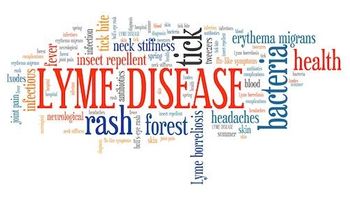
About 300,000 people get Lyme disease each year. A new investigational prophylactic could provide people in high-risk settings with an opportunity to prevent infection.
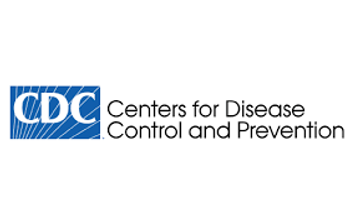
The CDC Director Rochelle Walensky confirmed the Pfizer-BioNTech vaccine can be administered in children as young as 12 years of age.
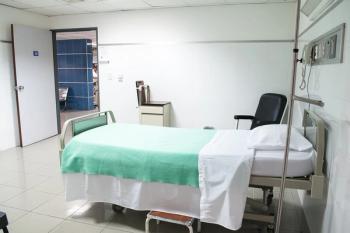
People living with HIV/AIDS were found to have 24% higher risk of infection with SARS-CoV-2.

Patients who developed a fever showed reduced volumes of gray matter compared to those who did not.

One-third of the participants reported that they had trouble performing basic, daily living activities.

The company said its investigational therapy, ibrexafungerp, demonstrated superiority to placebo for treatment of vaginal yeast infections, and is working towards its Food and Drug Administration (FDA) Prescription Drug User Fee Act (PDUFA) date next month.

Vaxart enrolled its first participants for its dose-ranging and boosting regimen studies.
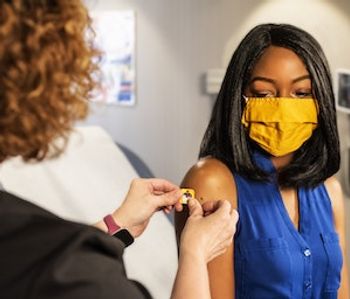
Discriminately affected populations face a wall of hurdles, historic and contextual, in buying into COVID-19 vaccine benefit. What can clinicians and public health officials do to help?
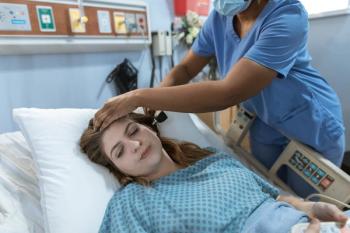
Less than 1% of the pregnant women died during the study period, compared to 3.5% of the non-pregnant patients.
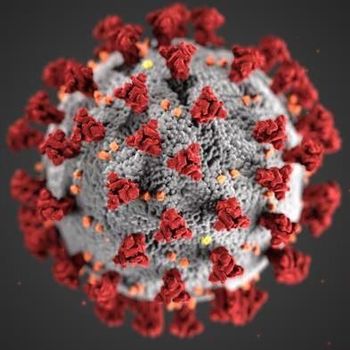
The worsening situation in India has raised concerns about the novel variant of the virus and its transmissibility.

Maternal social vulnerability and preterm birth were associated with higher risk of adverse health outcomes among infants born to mothers with SARS-CoV-2 infection, a new study found.
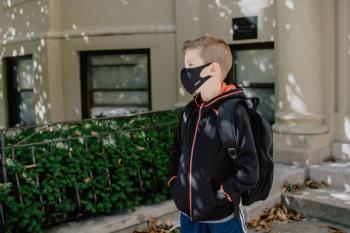
In a simulated model of vaccinations across age groups, investigators determined that asymptomatic infections in children will impact transmission of COVID-19 even among adults.

The first US COVID-19 vaccine breaks ground again, as the first authorized for patients as young as 12 years old.
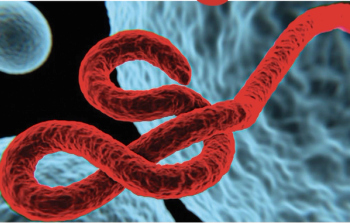
The Democratic Republic of the Congo (DRC) reached 42 days without a new case. Guinea, however, has not officially declared its outbreak over yet.
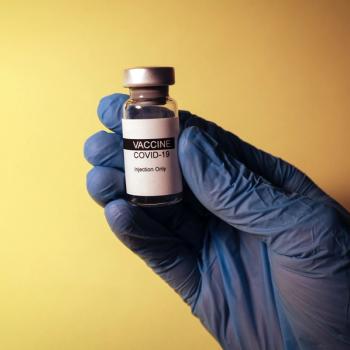
Malaysia begins nationwide lockdown due to third wave of the pandemic.
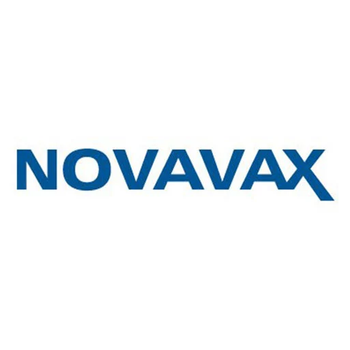
NanoFlu/NVX-CoV2373 elicited functional influenza and COVID-19 antibodies in ferrets 2 weeks after vaccination.

Investigators report the vaccine demonstrated it was safe, well-tolerated, and immunogenic in all age groups.
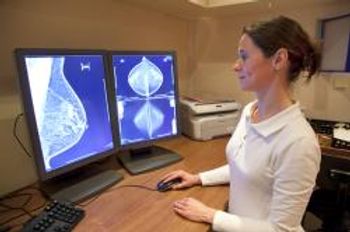
Long-term implications of the pandemic will be felt for years to come. Cancer screenings, for example, were down in the early months of the pandemic in the United States and raise concerns about getting diagnosed and treated.
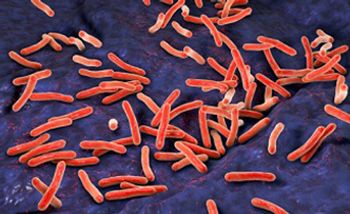
Rifapentine-moxifloxacin based anti-tuberculosis regimen shortened the conventional six-month course of treatment to four.

Protection from “natural infection” may last longer in older adults, authors say.

Patients who completed a 6 week rehabilitation program showed statistically significant improvement in exercise capacity, overall wellbeing and cognition.

Novavax plans to deliver approximately 350 million doses to COVAX during the third quarter of 2021.
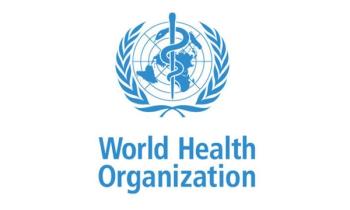
The vaccine will now be included in WHO’s COVAX initiative, which is providing greater and more equitable access to vaccines around the world.
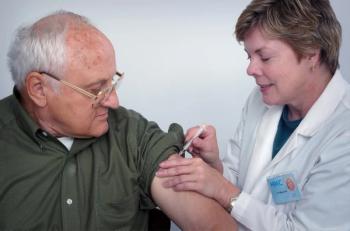
Reaching a vaccination rate of 50% by July of 2021 could prevent 5.8 million cases and 215,790 hospitalizations.

The companies are seeking approval for anyone aged 16 and above.
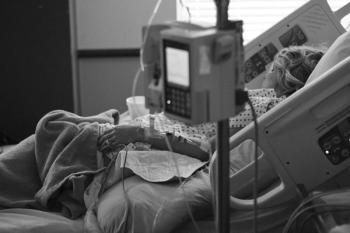
Machine learning improves prediction of bacterial sepsis among immunocompromised recipients of stem cell transplant.